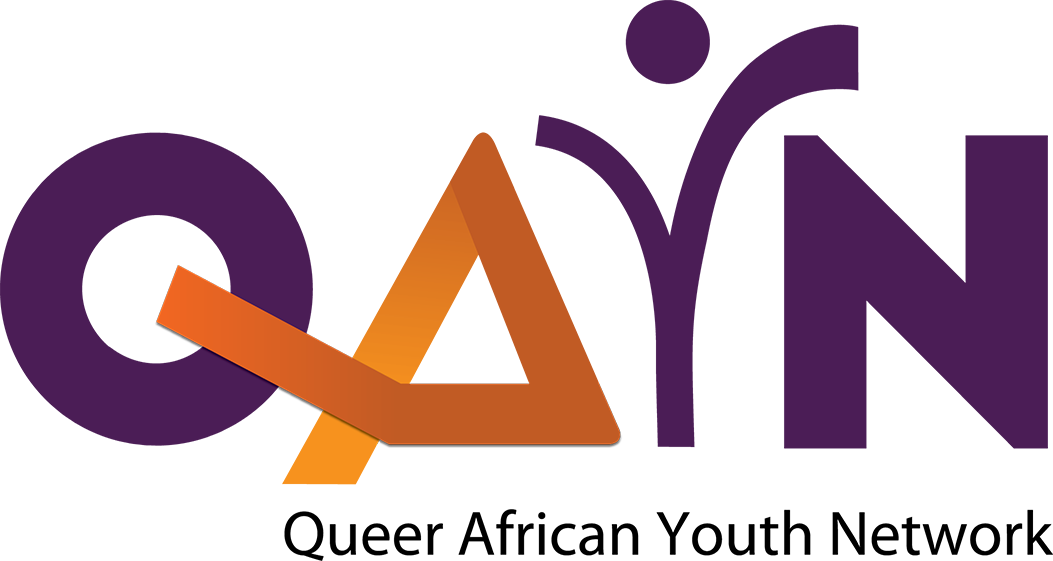Movement Building
QAYN believes that transformative and lasting social change comes from collective impact led by a catalytic leadership, therefore at the core of our objectives, is the active practice of movement‐building through collaborations and partnerships – of individuals, amongst local organizations, and with other mission‐aligned organizations.
Strategic Initiatives
Leadership Development
- LBQWSW Leadership Program: Through our experience of organizing, especially addressing the complexities of movement building with LBQWSW communities and activists, it has become apparent to QAYN that there is a need to develop a catalytic leadership program that will identify and support a network of young, queer women activists to develop and lead our personal political agenda to bring to our communities, the change we want to see.
- Francophone LGBT Advocates Initiatives (FLAI): Is a multiple regions (East, Central and Ouest) capacity building initiatives funded by the European Union and coordinated by Heartland Alliance and AMSHeR. FLAI was designed to address the gaps in terms of capacity of Francophone LGBTQ civil society in Sub-Saharan Africa. FLAI consists of a series of leadership training to support LGBTQ associations and NGOs these regions. As an Anchor partner, QAYN works to support the project in Mali and Senegal.
Organizational Capacity Building
We provide financial and technical support to the Network to develop or enhance their organizational capacities.
LBQWSW Women Community Building
- Physical Space: Through financial and technical support we create and/or support the creation of safe spaces by and for young lesbians, bisexuals, queer and women who have sex with women (LBQWSW) to facilitate the building of our communities.
- Online Groups and Forums: We connect LBQWSW across Francophone West Africa and Cameroon by creating secure online spaces to allow young women to network, mentor, educate one another and freely discuss sensitive topics in a safe a supportive environment. We found that for LBQWSW women who prefer anonymity, online spaces allow them to meet, socialize and reduce their social isolation.

